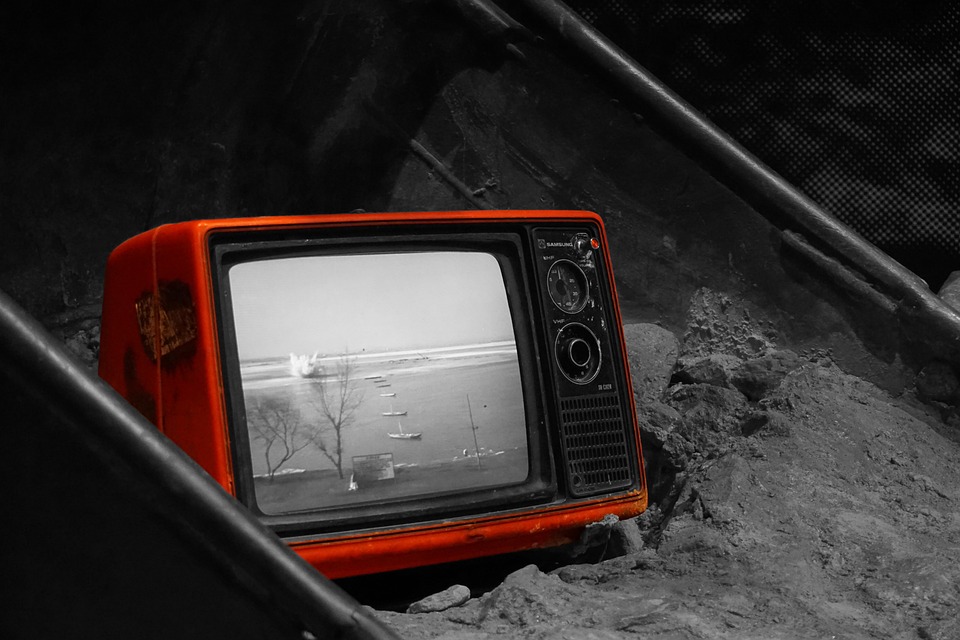
This is the true story of one man's past and the family that weaves through it.
Taking the Tokyo University entrance exam without cram school! Child-rearing experiences of a family at the bottom of the pyramid
a relative evaluation
Stiff competition
There is a lot of competition in this world.
Just off the top of my head, there are academics, sports, business, and entertainment.
Digging a little deeper, there are politics, markets, labor, culture, and technology, which are also linked to national competition.
In this way, one can say that people are thrown into competition from the moment they are born, and this reality becomes more pronounced and apparent as they get older.
In daycare centers, from the age of four or so, children run in a race called "kakekko" (running race).
Some children are happy when they win, while others cry when they lose.
They're playing and they're competing.
In elementary school, the sense of competition becomes even more intense, and even the order of finish in athletic competitions is determined.
The same is true for studying. By using easy-to-understand numerical indicators of academic achievement, such as tests and grades, students are evaluated on a relative basis, with competition arising from comparisons with others.
This continues through elementary school, junior high school, high school, and university, and in the selection process for job hunting, relative evaluation is conducted in light of the grades and aptitudes that have been cultivated up to that point.
The sports, entertainment, and entertainment industry, for example, will face even tougher competition.
Physical ability is a major innate factor, to which are added body-building training, skills through competition, and mentality, as well as the risk of injury.
Even if you finally become a professional, it is not the end of the story; the world is so demanding that you have to keep producing results.
Even in the entertainment and entertainment industry, in auditions for famous groups, there are thousands to tens of thousands of applicants, and to find just a few outstanding talents from among them, they compare their talents, expressive abilities, and personal charms, and select them based on relative evaluations.
Thus, aptitude changes depending on whether or not one has something superior or superior to others, making it difficult to be active in a particular field.
This world that we see so often is a wonderful profession that is spectacular and gives many people dreams, but it is not seen by people in their daily lives.
It is the shadow efforts that are important, and the effort is extraordinary.
In this regard, I feel that we are more equal in terms of academic achievement than these.
Unlike many developing countries and conflict zones where education is inadequate, here in Japan, we have an environment where people can learn the minimum basics through compulsory education.

[I'll give you the minimum education] before you go out into the world to work.
and the government sets the educational policy and allows us to acquire academic skills and backgrounds.
Of course, this does not mean that it is enough.
Compulsory education alone will widen the educational gap with families with higher economic power who seek a higher level of education, but it is a far cry from the countries mentioned earlier where there is no right to education.
Rather, since we can live in such a privileged environment and our basic human rights are well protected, we cannot make excuses for the environment in which we find ourselves.
Compulsory education in Japan is given to everyone equally, and everyone has equal time to go to school and attend classes.
This foundation given in compulsory education is definitely an important foundation for post-high school education, and we must take care of it.
One's environment can indeed create educational disparities, but excusing one's environment does not make one's children's future brighter; in fact, if nothing is done, there is nothing but misery waiting for them.
Because they keep making excuses like that, the cycle of poverty continues.
It is not money that bridges the education gap.
Spending money is a means, not an absolute.
It is the family and [the parents] who bridge the educational gap.
This situation between my wife and I is not anyone's fault, we created it ourselves.
It will take extraordinary shadowy efforts to clear up the hard work that has not been done in the past.
People will never know unless they experience it themselves, and that may not be an option.
However, at the very least, we should not let our children, who have nothing to do with us, bear the misfortune that we have brought upon ourselves.




